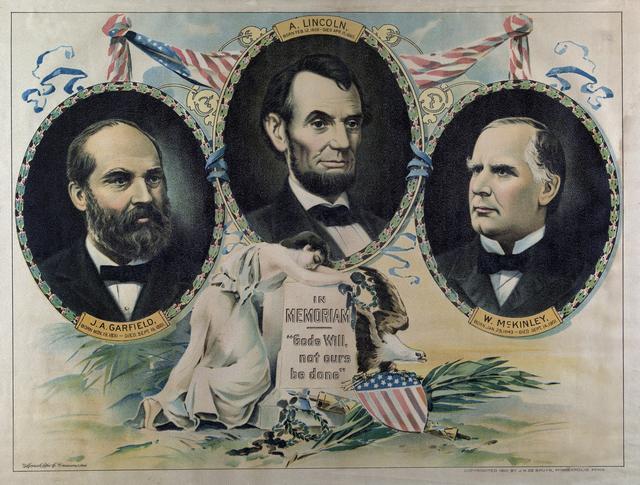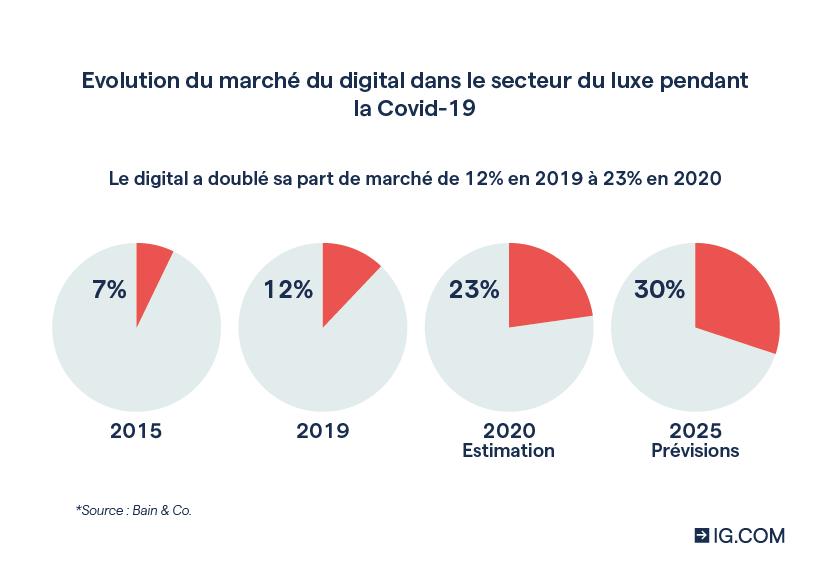Garfield and McKinley, under alleged protection
Other episodesMurders at the White House
Lincoln's assassination did not revolutionize the president's security. Two of his successors will pay a high price.
Episode n°3EpisodesTextCorentin Sellin IllustrationJ.H. De Bruyn/Bridgeman Images. Edited by Martin Fort The PlaylistClose PlaylistRobert Lincoln, the eldest son of assassinated former President Abraham Lincoln, is really out of luck. Urgently called to his father's bedside on the night of April 14 to 15, 1865, he saw him die in the early morning. This traumatic experience should logically have been the last. And yet, sixteen years later, on July 2, 1881, Robert Lincoln, who had become Secretary of War, saw before his eyes another President of the United States being killed. James Garfield, who had made son Lincoln his minister, was shot dead in the middle of Washington station by Charles Guiteau, a religious fanatic lacking political recognition. The barely believable anecdote is nevertheless true: more than a decade after the assassination of Lincoln which had traumatized the American nation, another president, without any surveillance or protection, is killed by firearm in a public place. .
The paradox is only apparent, however. After the death of Abraham Lincoln, the United States regained civil peace, and the XIVth Amendment to the Constitution, ratified in 1868, guaranteed citizenship and equality before the law to all inhabitants. . Even if the modalities of reconstruction in the vanquished states of the South remained the main subject of political debate in the 1870s, the Civil War was consigned to oblivion as an anomaly having led to exceptional disturbances – such as the assassination of a president – which cannot be reproduced.









